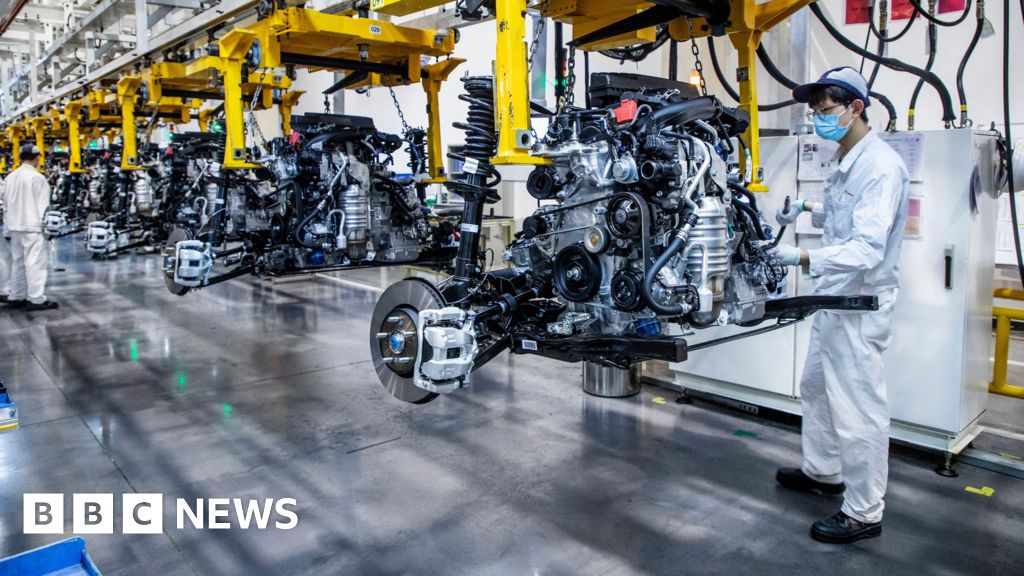
Discussions regarding a potential merger between Honda and Nissan have fallen through as the two automotive companies could not reach an agreement on a multi-billion dollar partnership.
The objective of this collaboration was to strengthen their market position against intensifying competition from rivals, particularly in the Chinese market.
Honda’s CEO, Toshihiro Mibe, emphasized in December that a collaboration with Nissan was crucial to address “the growing influence of Chinese manufacturers.”
A successful merger would have established a formidable player in the automotive sector, joining the ranks of industry leaders like Toyota, Volkswagen, General Motors, and Ford.
Such a partnership would also have provided vital support for Nissan, once Japan’s second-largest automaker, after facing a series of challenges including declining sales and leadership turmoil.
In November, Nissan surprised its stakeholders by announcing plans to lay off thousands of workers as part of its strategy to address falling sales in both China and the United States.
The electric vehicle market has increasingly been captured by Chinese companies like BYD, significantly escalating competition and putting pressure on leading global manufacturers.
This growing rivalry has led many prominent car manufacturers to face tough challenges in maintaining their market share.
Prior to announcing the merger discussions, Honda and Nissan had agreed in March of the previous year to explore a strategic alliance focused on electric vehicles (EVs).
At that time, Mr. Mibe stated, “These initial talks were motivated by the urgent need to enhance our capabilities against emerging competitors by 2030. If we don’t, we risk falling behind.”
In the meantime, Foxconn, the Taiwanese technology giant, is reportedly considering an investment in Nissan.
Foxconn’s chairman, Young Liu, mentioned during a press conference, “If our cooperation requires it, we would contemplate purchasing shares in Nissan.”









